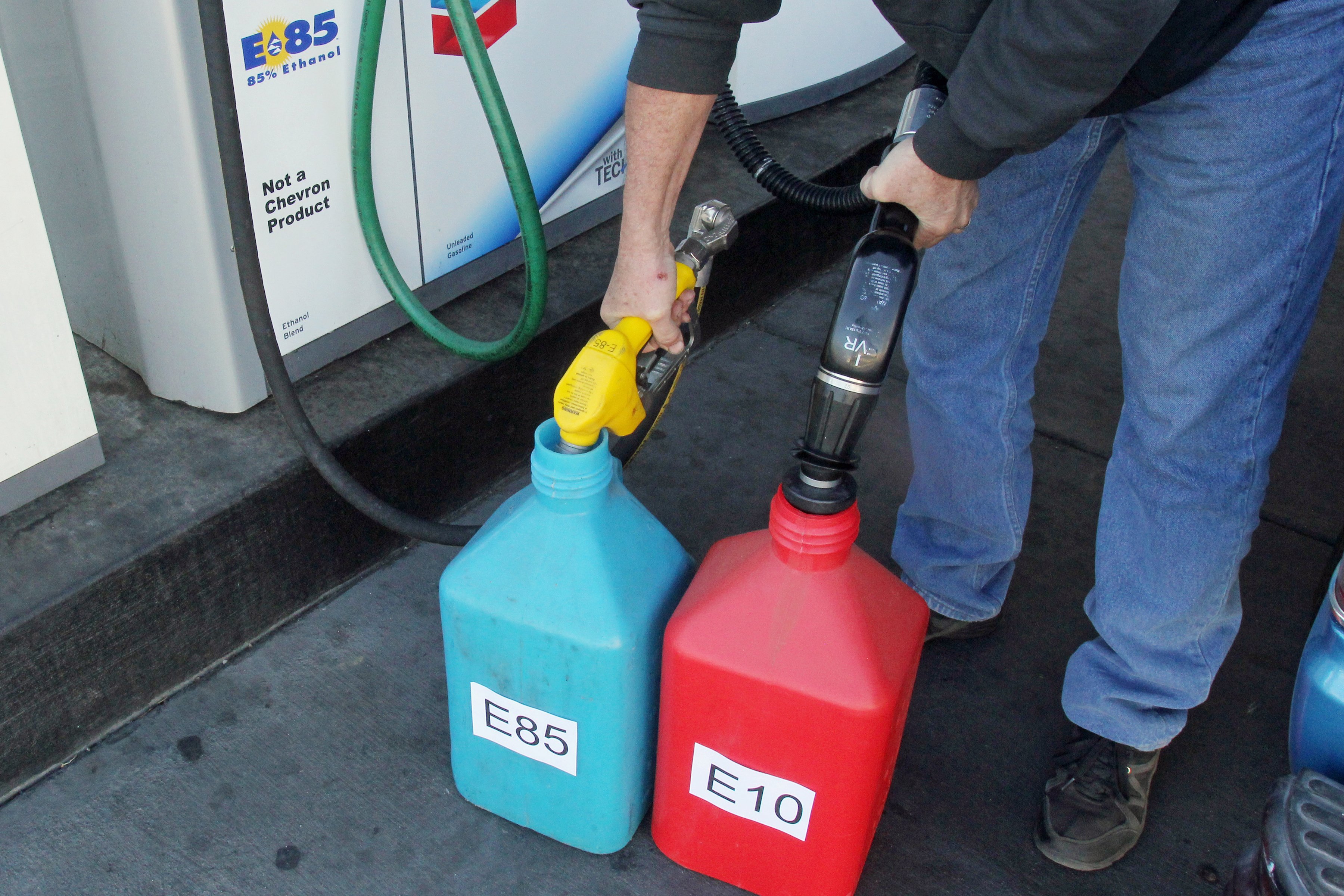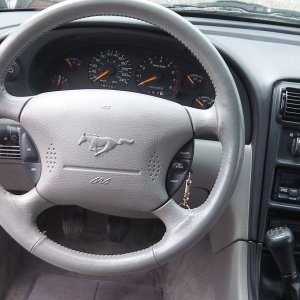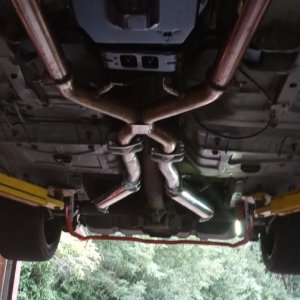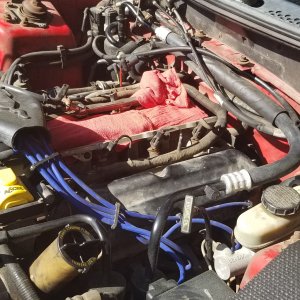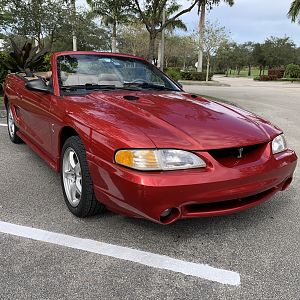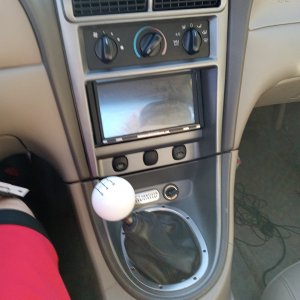It's not possible to make a material which is insoluble in a low percentage of ethanol (E10, by far the most common fuel in America) and suddenly becomes soluble in a higher concentration of ethanol. Any fuel system material that is chemically compatible with E10 is also chemically compatible with E85.
The three challenges are religion, AFR & electricity.
AFR is easy to understand - ethanol contains oxygen and that's part of the combustion equation.
Petroleum is molecules made of hydrogen and carbon. Ethanol is a molecule made of hydrogen, carbon and oxygen. That's oxygen which gets into your engine without having to pass through the air filter or bring inert nitrogen in with it. That oxygen is why ethanol has fewer BTU's per unit of mass than petroleum and also why an engine will usually make more horsepower on ethanol, but it costs you because you have to supply (and buy) more liquid fuel.
Getting oxygen into the combustion chamber in liquid form means you can burn more total BTU's worth of fuel and air for a given displacement of engine but since that oxygen doesn't bring nitrogen with it like an equivalent amount of air would that means your effective compression ratio is much lower. That's why E85 benefits forced induction or high compression ratio NA engines more than it can benefit lower compression ratio engines.
The electricity part is a little harder to understand - ethanol is able to participate in galvanic corrosion when more than one metal is present in a fuel system even over a distance. This happens extremely slowly with E10 and it happens more quickly with E85. This is never a problem on a daily driven car or a weekend car but if it's something you put away for winter or only drive once every couple months you might experience failures in metal fuel system components. This has nothing to do with water. I drain my lawn mower and pressure washer engines before winter regardless of what fuel they run.
The religion part.. well there's just some people who have feelings about ethanol that will never be changed. Unfortunately that means words like facts and truth don't mean what the dictionary says they mean and outside of a laboratory it's a challenge to have forthright exchanges about this topic. It's better now than it was ten years ago at least.
As for running blends other than E10 in a car built for E10, yes closed loop will trim a little for that over time. You can watch it on an OBD2 gauge (like scangauge, forscan, torque, etc). Several threads on ecomodder.com over the years have indicated that blends like e20 or e25 seem to hit a sweet spot where net MPG increases somewhat over e10. My own expectation is that's going to be massively variable based on the compression ratio of the engine, function of its EGR, net volumetric efficiency.
E85 requires roughly 30% more fuel delivery for the same engine (naturally aspirated) and most vehicles don't have that much spare bandwidth nor will the ECU even try to enrich that much. There are simple E85 kits which install between the ECU and fuel injectors that work about the same way a guitar reverb pedal works, adding a little extra duration to the injector's open cycle. The idea with them is if you can make the ECU trim ~15% leaner on E10 then it only has to trim +15% rich on E85. That still doesn't account for total injector bandwidth so you might still go lean on WOT.
For what it's worth I'd run e25 every mile I drive if that was an option.

